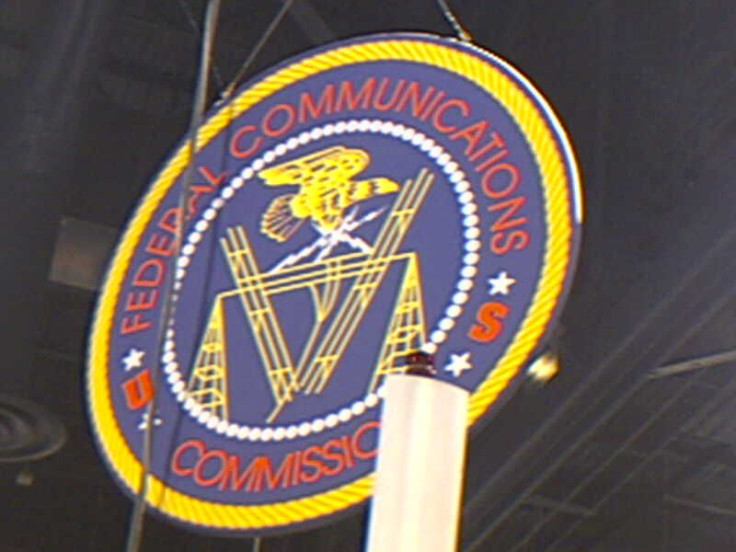FCC Lifeline Program: Commission Prevents Nine Companies From Providing Subsidized Internet To Low-Income Users

Nine companies participating in a program designed to provide subsidized internet access to low-income customers have been told by the Federal Communications Commission they are no longer allowed to provide their service.
The decision by the FCC’s new leadership to prevent the companies from providing a more affordable internet option marks a reversal of a ruling made by former FCC chairman Tom Wheeler just weeks earlier.
Ajit Pai, the successor to Wheeler and current head of the regulatory commission in the Donald Trump administration, said the decision to give the go ahead to companies providing low-cost internet was an example of a “midnight regulation” passed in the lame duck session.
“These last-minute actions, which did not enjoy the support of the majority of commissioners at the time they were taken, should not bind us going forward,” he said in a statement.
Pai’s reversal effectively stifles an expansion of the FCC’s Lifeline program. First launched in 1985, the initiative provides households a $9.25-per-month credit to be put toward the purchase of home internet service. It also provides a credit toward mobile phone subscriptions. The program serves 13 million low-income Americans.
On Jan. 18—two days before he was to step down from his post—Wheeler granted approval to nine carriers to be included as part of the Lifeline program. One of those companies, Kajeet, has partnered with school districts in 41 states and the District of Columbia to provide internet to underserved communities.
Until 2016, Lifeline participants could only apply for the program to receive support for landlines or mobile phone plans—some may recognize the program as part of the “Obamaphone” controversy that falsely claimed welfare recipients were receiving free cell phones from the Obama administration.
Under chairman Wheeler the commission passed the 2016 Lifeline Modernization Order, which extended the financial benefit to broadband internet. Chairman Pai and fellow Republican commissioner Michael O’Rielly opposed the decision at the time, arguing it left open the possibility to fraud and abuse of the system.
In a statement on the decision to roll back the most recently approved providers for the program, Pai said his decision “would promote program integrity by providing the [FCC] with additional time to consider measures that might be necessary to prevent further waste, fraud and abuse in the Lifeline program.”
The reversal isn’t final—the FCC maintains a 30-day period to reconsider its decisions—it is may signal a wider attempt by Pai and the current commission to strip away parts of the Lifeline program, including putting a cap on the program’s budget.
© Copyright IBTimes 2025. All rights reserved.




















